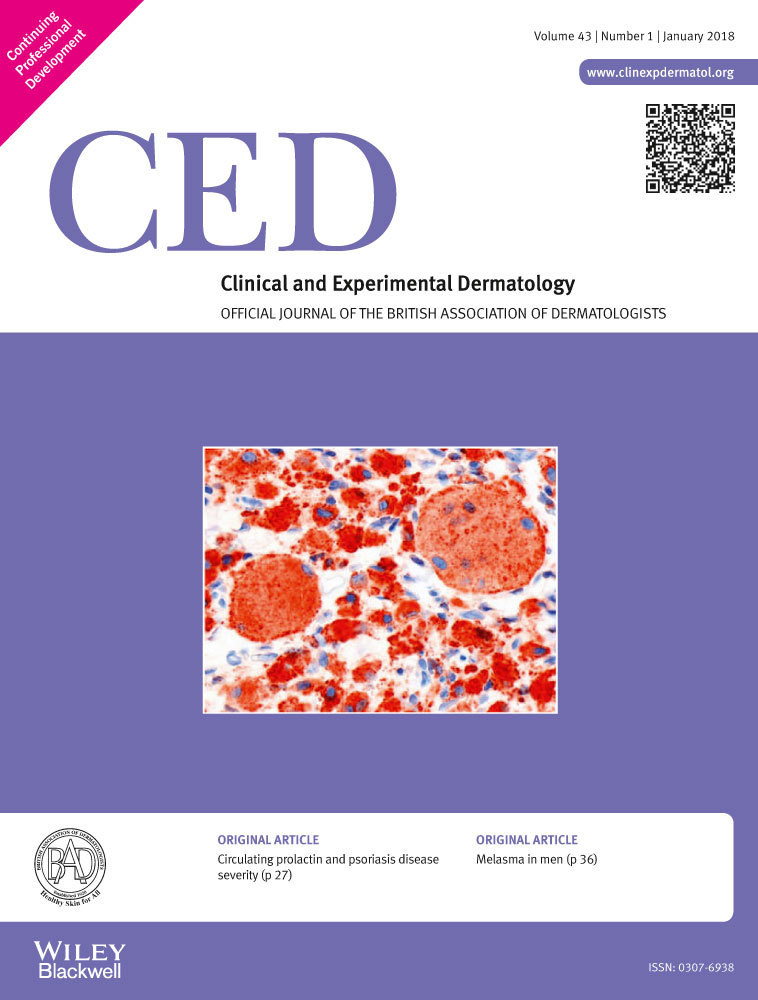A feasibility study for a triple-blind randomized controlled trial investigating the effects of oral isotretinoin on mood and quality of life in patients with acne vulgaris
Summary
Isotretinoin is used in the treatment of severe acne vulgaris (AV), but has controversially been associated with depression and suicide. Large prospective studies have failed to translate this clinically. We undertook a feasibility study to investigate the parameters of a triple-blind, randomized controlled trial (RCT) assessing the effect of oral isotretinoin on quality of life (QoL) and mood in patients with AV. Patients meeting the inclusion criteria were randomized for 2 weeks to isotretinoin or doxycycline. Participants completed verified depression and QoL screening questionnaires at baseline and week 2. In total, 194 patients with AV were screened, with 48 meeting the inclusion criteria and 13 of these being willing to participate. The follow-up rate was 92% and questionnaire response rate was 96%. To our knowledge, this is the first study to demonstrate a successful design for a triple-blind RCT investigating the effects of isotretinoin on mood in patients with AV.




